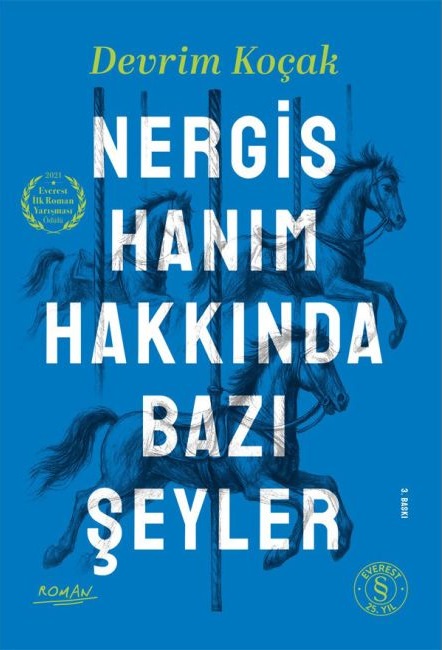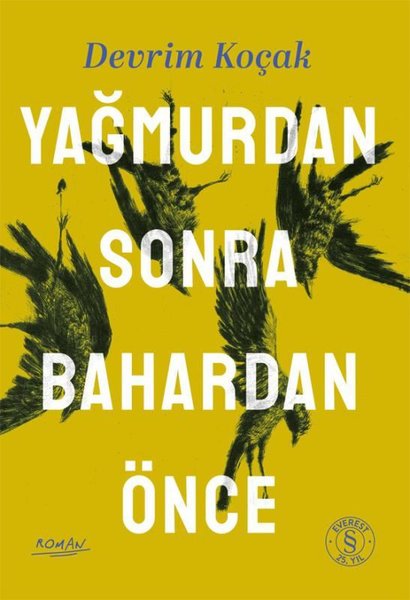How does the philosophy of “if there is no God, everything is permissible” resonate in the actions and crises of faith of the characters in The Brothers Karamazov?
In Dostoyevsky’s The Brothers Karamazov, the idea that “If there is no God, everything is permissible” profoundly shapes the characters’ existential crises, moral collapses, and search for faith. This philosophy is discussed primarily through the lens of Ivan Karamazov, but it also resonates in the actions of other characters. Here are the key characters and how this idea manifests in them:
- Ivan Karamazov: The Rebellion of Reason and the Moral Dilemma
The Myth of the “Grand Inquisitor”: While Ivan does not deny the existence of God, he does reject God’s unjust world. In the allegory of the “Grand Inquisitor,” he argues that humans choose to submit to the authority of religion to gain freedom and freedom from the burden of suffering. This leads to the idea that morality must be constructed by human agency in a world without God.
The Argument of the “Children’s Tears”: Ivan argues that the suffering of innocent children is incompatible with God’s justice. This pushes him to the brink of atheism. If there is no God, man must create his own morality—which opens the door to nihilism.
Indirect Influence on Smerdyakov: Ivan’s “everything is permissible” rhetoric emboldens Smerdyakov, who kills his father. Ivan’s theoretical nihilism turns into practical murder. The guilt he later experiences demonstrates that atheism has corrupted him from within.
- Dmitri (Mitya): A Slave to the Passions and the Search for Purification
The Worldly Reflection of “Everything is Permissible”: Dmitri believes in God but is driven by lust, anger, and jealousy. The idea that “if there is no God, there is no morality” is evident in his willingness to do anything for Grushenka.
Guilt and Atonement: He feels indirectly responsible for his father’s death. His acceptance of exile to Siberia reflects his desire for purification through suffering—a typical Christian theme in Dostoyevsky.
- Alyosha: The Pure Representative of Faith
Response to “Belief in the Existence of God”: Alyosha defends love and faith against Ivan. He opposes Zosima’s teachings, arguing that a world without God would be meaningless and cruel.
Practical Christianity: Alyosha rejects the notion that “everything is permissible”; for him, love of God is the foundation of the bond between people. His relationship with his children is a concrete reflection of faith.
- Smerdyakov: The Consequences of Nihilism
The Victim of Ivan’s Ideas: Smerdyakov takes Ivan’s words, “If there is no God, everything is permissible,” literally. By killing his father, he falls into a moral void. His post-murder suicide demonstrates the dead end of nihilism.
The Rebellion of the Slave Spirit: Smerdyakov is oppressed by society as an illegitimate child (bastard). The idea of God’s absence becomes a justification for his revenge.
- Fyodor Pavlovich (Father): The Symbol of Immorality
Caricature of a Godless World: Fyodor is a hedonist who disregards religion and morality. His lifestyle is a degenerative version of “everything is permissible.” His death triggers his sons’ existential crises.
Philosophical Framework and Dostoevsky’s Message
Nihilism vs. Faith: The novel argues that the absence of God will lead to social and individual chaos. Ivan’s tragedy demonstrates that reason alone cannot save humanity.
Freedom and Responsibility: For Dostoevsky, true freedom is possible through submission to God (Alyosha’s path) or purification through suffering (Dmitri’s path).
The Concept of “Karamazovism”: The Brothers Karamazov represent the conflict of human nature between passion, reason, and faith.
The Tragic Ending of “All Is Fair”
Dostoevsky presents this idea as a warning: the rejection of God leads to moral relativism and humanity’s self-destruction. Alyosha’s hope and Zosima’s teachings argue that only faith and love can fill this void. The novel offers Christian humanism’s response to the existential crisis brought on by atheism.



